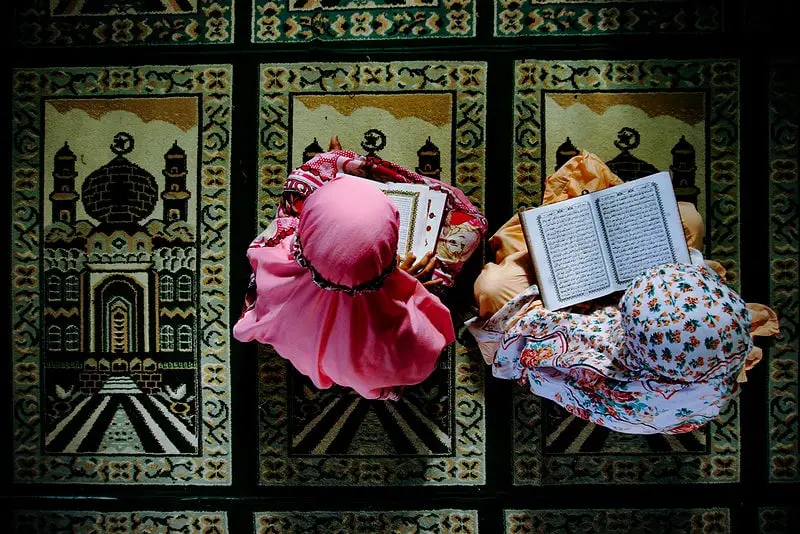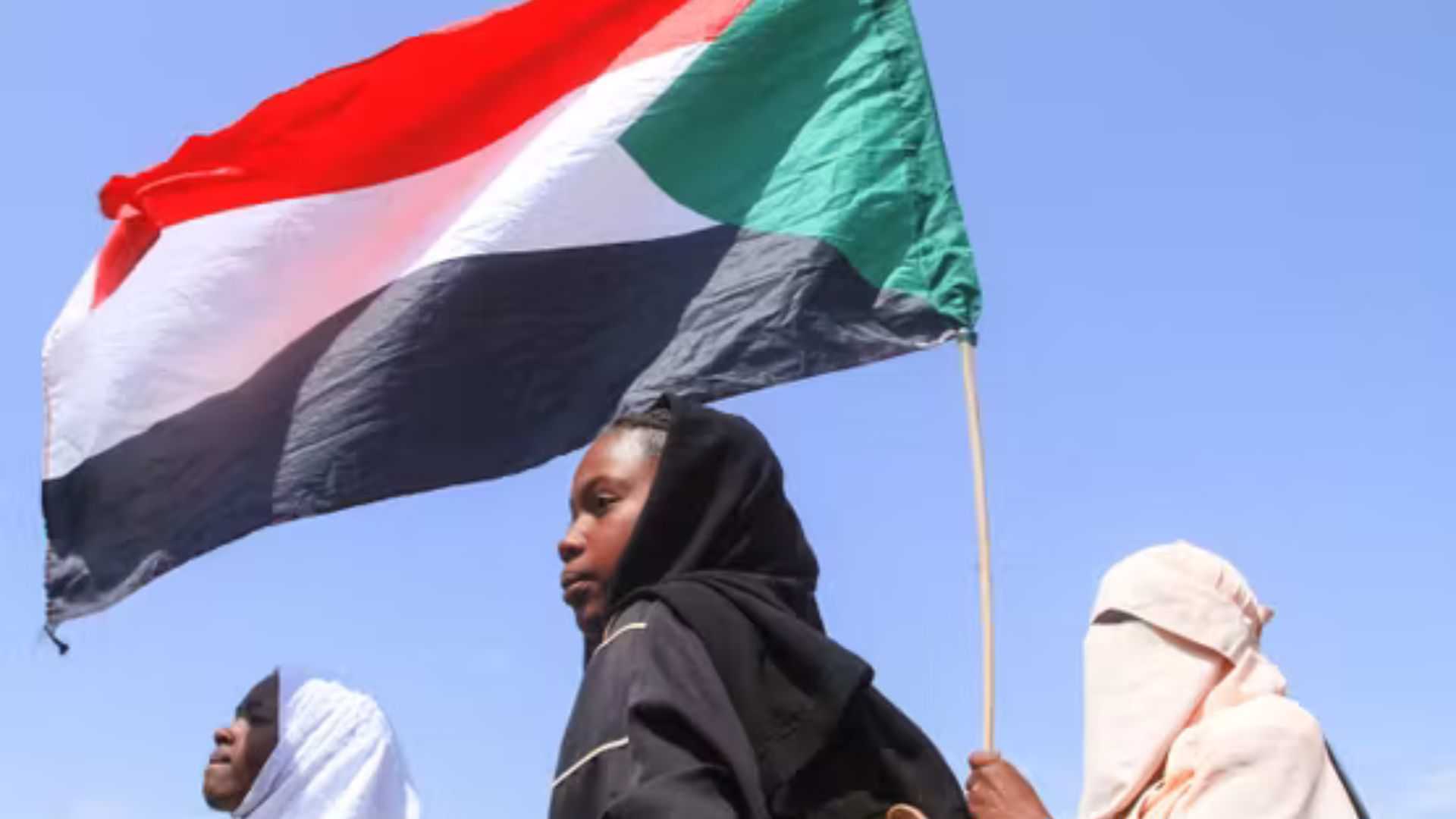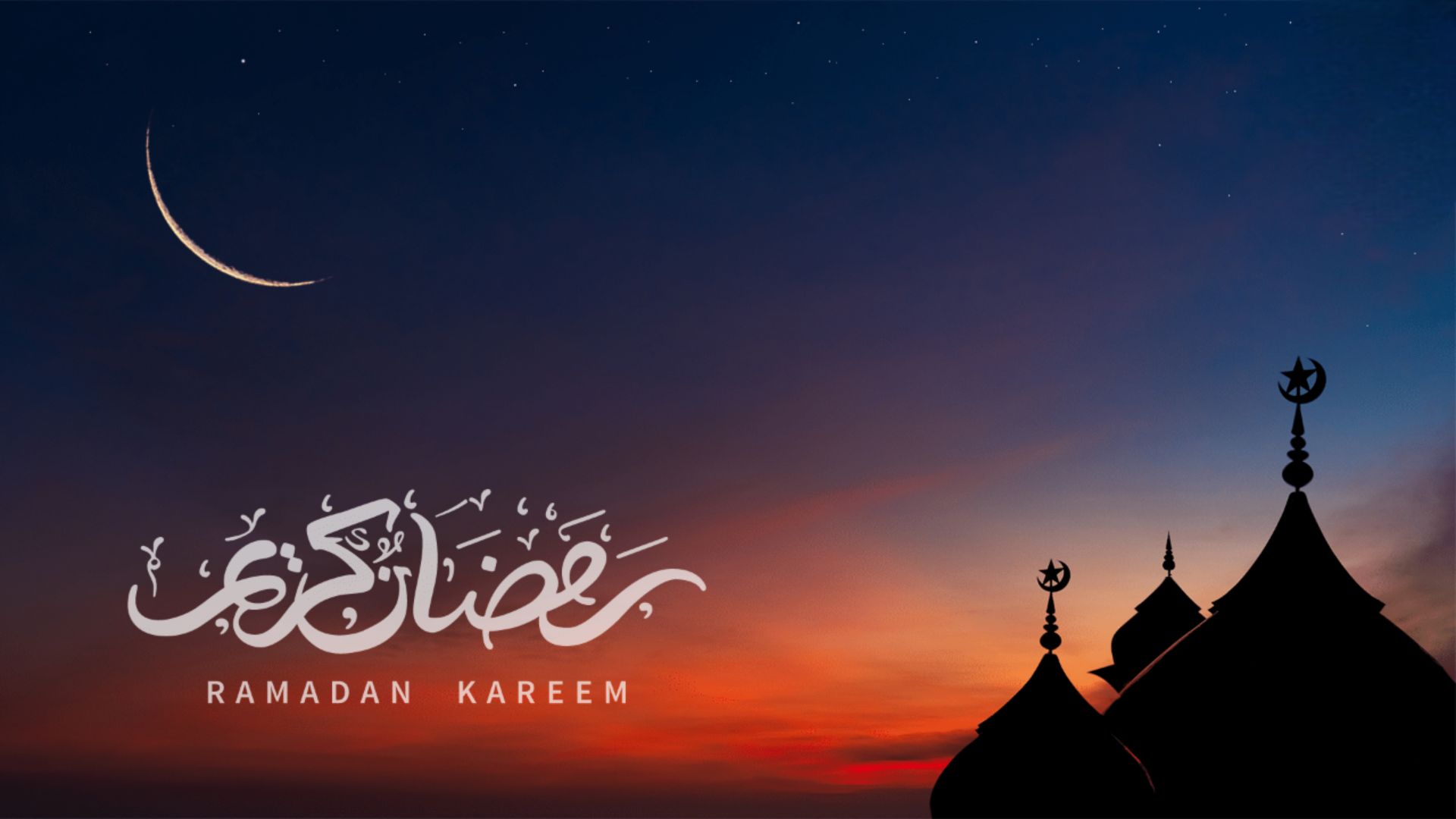Dua for happiness: ‘Abdullāh ibn Masʿūd (may Allah be pleased with him) reported that the Prophet ﷺ said, “No person (“no believer” in another report) suffers any anxiety or grief, and then says:
اللَّهُمَّ إِنِّي عَبْدُكَ ، وَابْنُ عَبْدِكَ ، وَابْنُ أَمَتِكَ ، نَاصِيَتِي بِيَدِكَ ، مَاضٍ فِيَّ حُكْمُكَ ، عَدْلٌ فِيَّ قَضَاؤُكَ ، أَسْأَلُكَ بِكُلِّ اسْمٍ هُوَ لَكَ ، سَمَّيْتَ بِهِ نَفْسَكَ ، أَوْ أَنْزَلْتَهُ فِي كِتَابِكَ ، أَوْ عَلَّمْتَهُ أَحَدًا مِنْ خَلْقِكَ ، أَوْ اسْتَأْثَرْتَ بِهِ فِي عِلْمِ الْغَيْبِ عِنْدَكَ ، أَنْ تَجْعَلَ الْقُرْآنَ رَبِيعَ قَلْبِي ، وَنُورَ صَدْرِي ، وَجَلَاءَ حُزْنِي ، وَذَهَابَ هَمِّي
(O Allah, I am your slave, the son of your slave and the son of your maid-slave. Your command over me is forever executed and Your decree over me is just. I ask you by every Name belonging to You, which You have Named Yourself with, or revealed in Your Book, or You taught to any of Your creation, or You have preserved in the knowledge of the unseen with You, that You make the Qur’ān the life of my heart and the light of my chest, and a departure for my sorrow and a release for my anxiety) except that Allah will remove his sorrow and replace it with happiness.”
They asked, “O Messenger of Allah, should we memorize these phrases (of the supplication)?” He responded, “Yes, whoever hears these words should memorize them.”[1]
Transliteration:
Allaahumma innee ʿabduk, wabnu ʿabdik, wabnu amatik, naasiyati beyadik, maadhin fiyya hukmuk, ʿadlun fiyya qadhaa’uk, as’aluka bi kullismin huwa lak, sammayta bihi nafsak, aw anzaltahu fee kitaabik, aw ʿalamtahu ahadan min khalqik, awista-tharta bihi fee ʿilmil ghaybi ʿindak, an taj-ʿal al-Qur’aan al-ʿađ̣eema rabeeʿa qalbi, wa noora sadri, wa jalā’a huzni, wa dhahāba hammi.

Dua Meaning and reflections:
“O Allah, I am your slave, the child of your slave and the child of your maid slave”
Ibn al-Qayyim expressed in his book, Zād al-Ma’ād, that these words are brimming with acknowledgment of what Allah’s identity is, and in it, the admirer is calling upon the Lord, recognizing the Creator, and introducing oneself as the slave of Allah, and the son/daughter of His slaves.
The asking adherent additionally puts things where they should be by perceiving (the following):
- that his destiny is in Allah’s control
- that his fate happens as indicated by the Divine Plan
- that Allah does anything He Pleases with it
- that the worker might neither bring at any point benefit nor damage to himself
- that he can’t achieve his own birth, demise, or resurrection
- that he has no ability to adjust his declaration besides as Allah Wills
- that he is totally reliant upon his Creator, Cherisher, Sustainer, and Lord
- that his own reality is dependent upon anything Allah Decrees, and
- that Allah is Just, and what He Wills shall Be.
Your Command over me is perpetually executed and Your Decree over me is just.
This piece of the dua features two significant points connected with the Oneness of Allah:
The first is the acknowledgment and affirmation of destiny, and that Allah’s Decree with respect to His slaves will unfailingly appear, and that His slaves can’t get away from it or repulse it.
The subsequent point is that Allah is Just; He doesn’t persecute His servents, and His announcement happens by goodness of His Knowledge and Divine Justice. This is on the grounds that injustice addresses the need, obliviousness, inadequacy, shortcoming, and mediocrity of an unjust individual, and hence, such qualities are not Divine, and they can’t emerge out of one who is Omniscient, All-Knowing, Wise, and has no requirements.
Allah is the All-Wise (Al-Hakeem), and in this way His Wisdom is active wherever His Will is executed and appointed. Each molecule and each cell in the universe and the aggregate of His creation is needing Him, however He is Rich past any need, and His Will influences all of His creation at all time and places. Faith in His Wisdom, subsequently, should be joined with full affirmation and humble acknowledgment that the slave knows nothing about the full extent of issues, in any event, even when they are seen to be troublesome, for the All-Wise doesn’t persecute His slaves. He tests them to lift them, to filter them, to reinforce them, and to increment them in appreciation, direction, strength, and reason. He makes arrangements for His slaves better compared to they plan for themselves, and He needs benevolence and salvation for His slaves more than they need it for themselves.
We need to express appreciation towards Him, and subsequently, He increments us in favors for our activity of commendation.
وَإِذْ تَأَذَّنَ رَبُّكُمْ لَئِن شَكَرْتُمْ لَأَزِيدَنَّكُمْ ۖ وَلَئِن كَفَرْتُمْ إِنَّ عَذَابِي لَشَدِيدٌ
“Also, [remember] when your Lord declared, ‘If you are thankful, I will doubtlessly increment you [in blessings]; yet if you deny, to be sure, My punishment is extreme.’ ”
I ask you by each Name belonging to You, which You have Named Yourself with, or uncovered in Your Book, or You educated to any of Your creation, or You have safeguarded in the information on the unseenwith You…
The Messenger of Allah ﷺ is calling upon Allah by His lovely Names and Attributes that He named Himself with, uncovered in His Book, educated to any of His creation, or protected in the information on the concealed – to the degree that even the heavenly messengers among His creation don’t know about them – in a way that is strong, for such a prayer outperforms other prayers and is dearest to Allah and definitely deserving of a response, since it features the slave’s lowliness, information, and acknowledgment of the Lord of the Worlds.
…that You make the Qur’ān the life of my heart and the radiance of my chest, and a takeoff for my distress and a release for my uneasiness
The Qur’an, by Allah, is a cure for each sort of sickness in this world: mental, emotional, physical, and otherworldly, if only we accepted it as a solution for everything, realizing that it is a way to rebalance the heart and retune the heart to its unique normal demeanor.
The Qur’an, by Allah, is a light for each sort of dimness in this world, if only we embraced that light reliably, realizing that it eliminates the dark erosions of evil and recklessness that collect in one’s heart.
The Qur’an, by Allah, is a help for each sort of distress and tension in this world, if only we depended on it continually through ease and through trouble, realizing that it is a method for cleaning away one’s pressure, torment, uneasiness, and distresses.
The Qur’an as a fix, in any case, works just in relation to how patient and earnest the devotee is in embracing it, confiding in its viability, and knowing that Allah’s Will, with His Speech as a remedy, will prompt a brilliant and complete recuperation, for Allah’s Promise is always fulfilled.
No individual experiences any uneasiness or pain, and afterward says… except that Allah will eliminate his distress and supplant it with bliss.”
This is an assurance from the Messenger of Allah ﷺ who doesn’t talk about religious issues from himself but instead from revelation. This is an assurance that the person who implores with this prayer, genuinely, unassumingly, thankfully, consistently, and calmly, will see that their distresses are supplanted with joy. The one doing as such, in any case, shouldn’t surrender quickly on their prayer and ought to execute however many of the manners of duʿā as could be expected under the circumstances, for example, apologizing for one’s wrongdoings, being in a condition of purification, facing the Qiblah, lifting one’s hands, etc.
They inquired, “O Messenger of Allah, would it be advisable for us we retain these expressions (of the supplication)?” He answered, “Indeed, whoever hears these words ought to remember them.”
This last piece of the narration reminds of two important points:
It is vital to profit from what we hear as believers, especially when there is an advice to do as such. In light of this specific narration, believe that each person will confront a distress or uneasiness at some point in their lives of some sort, and consequently it is wise for the believer to know these words and to pray with them frequently.
It is basic as believers to likewise share this duʿā with others for assisting them with acquiring closeness to Allah and alleviation from their difficulties, by His will, while being compensated for our sharing of information that is of immense advantage. The person who urges others to do good is rewarded similarly – each time they play out that deed – without the doer of the deed losing anything of their reward, as was truly reported.
Conclusion
This dua for happiness is one of the numerous suggestions to carry us nearer to Allah through genuineness, modesty, appreciation, accommodation, and affirmation of His Majesty and the status of His Speech. Retain this invocation and its implications, pray with it every now and again, and instruct it to your friends and family, and may Allah the Exalted correct your issues, free you from your difficulties, and the prize you colossally for your understanding and great deeds in this life and the following.
Share this dua for happiness with the people that need it. Read more useful duas here.









